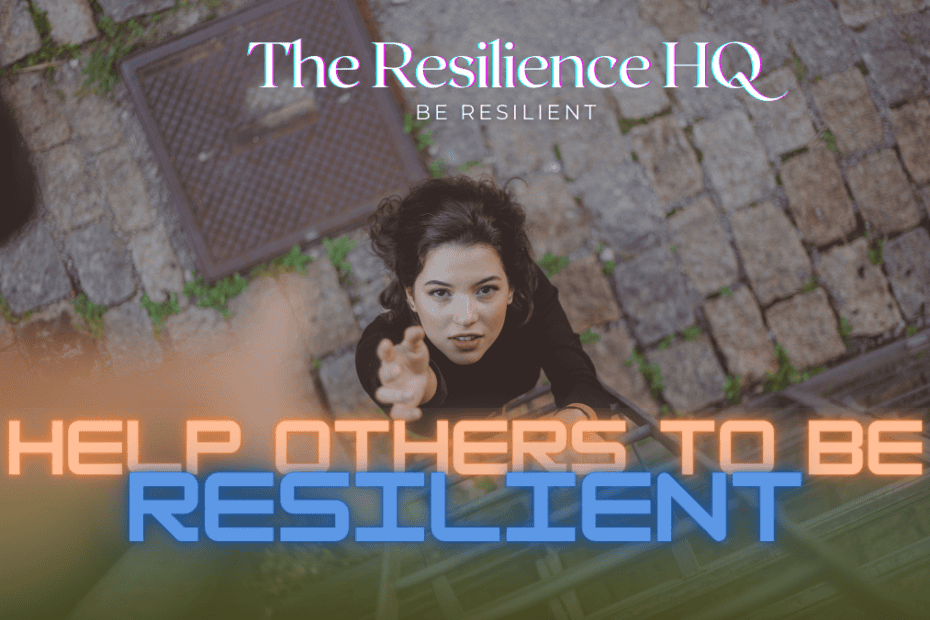We often come across struggling people in our life and we may struggle ourselves at times. It can be difficult to know how to help in such a situation. Thankfully, there is reseach to guide our actions and help them do better than expected.
How can we help ourselves, our family members and children?
What community actions can we take to achieve better-than-expected development?
Research has shown that a number of factors are associated with better-than-expected development in children struggling with adversities. These can be grouped into 3 broad categories and there is an interplay between them.
- Internal characteristics. These can also be called individual factors.
- Family factors
- Social environmental factors
1. Internal characteristics/individual factors
- Temperament
- Learning ability
- Self-esteem
- Adaptive skills
- Emotions
- Social skills
Although each of these factors are important in their own right, they must be seen in combination with each other and the child’s learning experiences. These learning experiences can be gained through the interactions and opportunities provided by family, school and community. Key strategy suggested through this knowledge is to use family, school and community to engage and help the struggling person gain positive learning experiences.
Temperament specifically affects behaviour in school-aged children and resilient outcomes in adults.
2. Family Factors
- Attachment
- Parenting styles
- Communication
- Parent relations
- Parent-child relationship
- Support outside the family
Each family has strengths and weaknesses. These change as the family unit faces challenges over time. These interact with individual factors for each person’s resilience in the family and are influenced by the environmental factors. The importance of family unit, relationships between each family member and communication between them all cannot be understated. One way we can help a struggling child or person is by trying to improve one or many of the family factors.
What seems to be pivotal in building resilience is positive relationships between different individuals that surround the child or person in need of support.
Maternal sense of coherence is associated with lower behavioural problems in preschool children.
3. Social Environmental factors
- School performance
- Pro-social adult relations
- Good friends
These include physical environment and social environment. Social environmental factors are given greater prominence although physical environment can also shape social environment. These factors include social conditions, inclusion, access, and involvement. They are related to fairness of opportunity, social justice, and mutual respect for all through practice, policies and laws.
I hope this brief outline from the research on resilience demonstrates that there are a number of factors that interact and conspire, leading to poor outcomes for struggling people. Some of these factors can be changed easily and some not. When thinking about how best to support others, we can use this knowledge and try to modify as many factors that we are able to positively influence. After all, there are plenty of them to choose from, whether from individual, family or social environment factors!
Imagine an uncle or an aunt, as well as school pastoral support worker or a trusted teacher working on different factors listed above to add resilience to the system around the child in need!
Imagine, a grand parent using their relationship and status in the family to not only improve parental communication and relationship but also helping the grandchild improve self-esteem through learning a new skill or hobby.
Summary
It may be evident now that a group of people can help such an individual better than one person alone, encouraging us to engage others who may also be able to join us in helping an individual or family. Ultimately, we can use this knowledge and focus on interventions and support on the factors that are deficient for the struggling person. If we do not know the person well enough to understand their circumstances then we can try to help in any of the factors listed above. These can provide us with good starting points to help the struggling person overcome their adversities and achieve better than expected outcomes.


Good insight into factors that can affect.